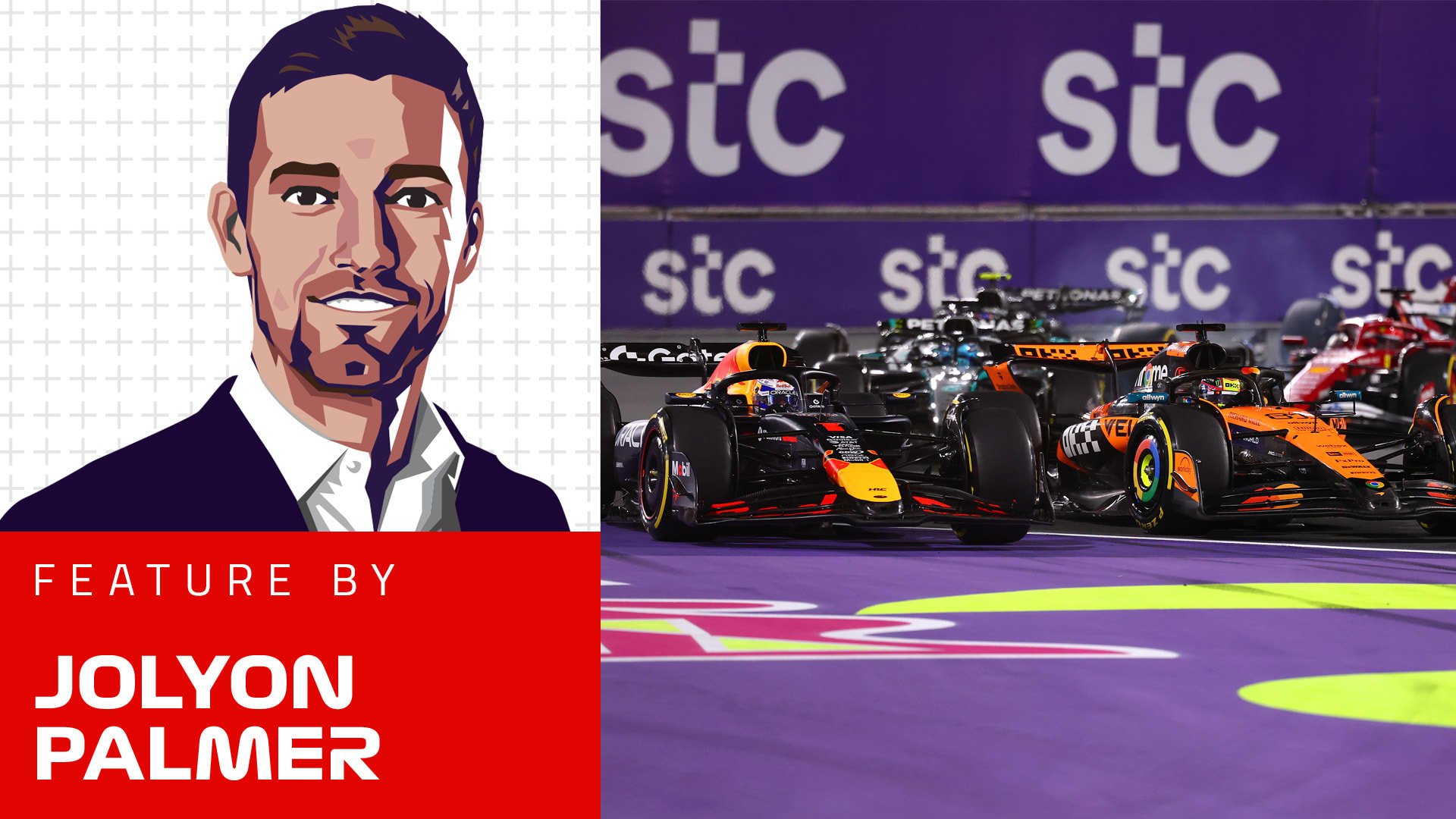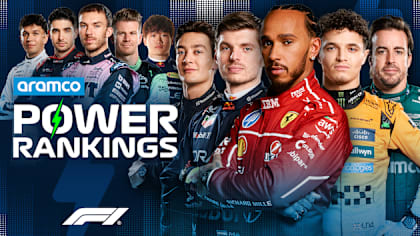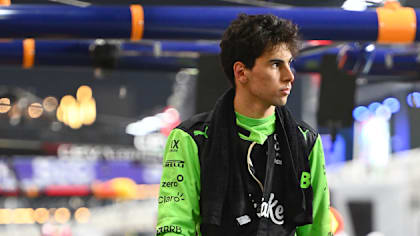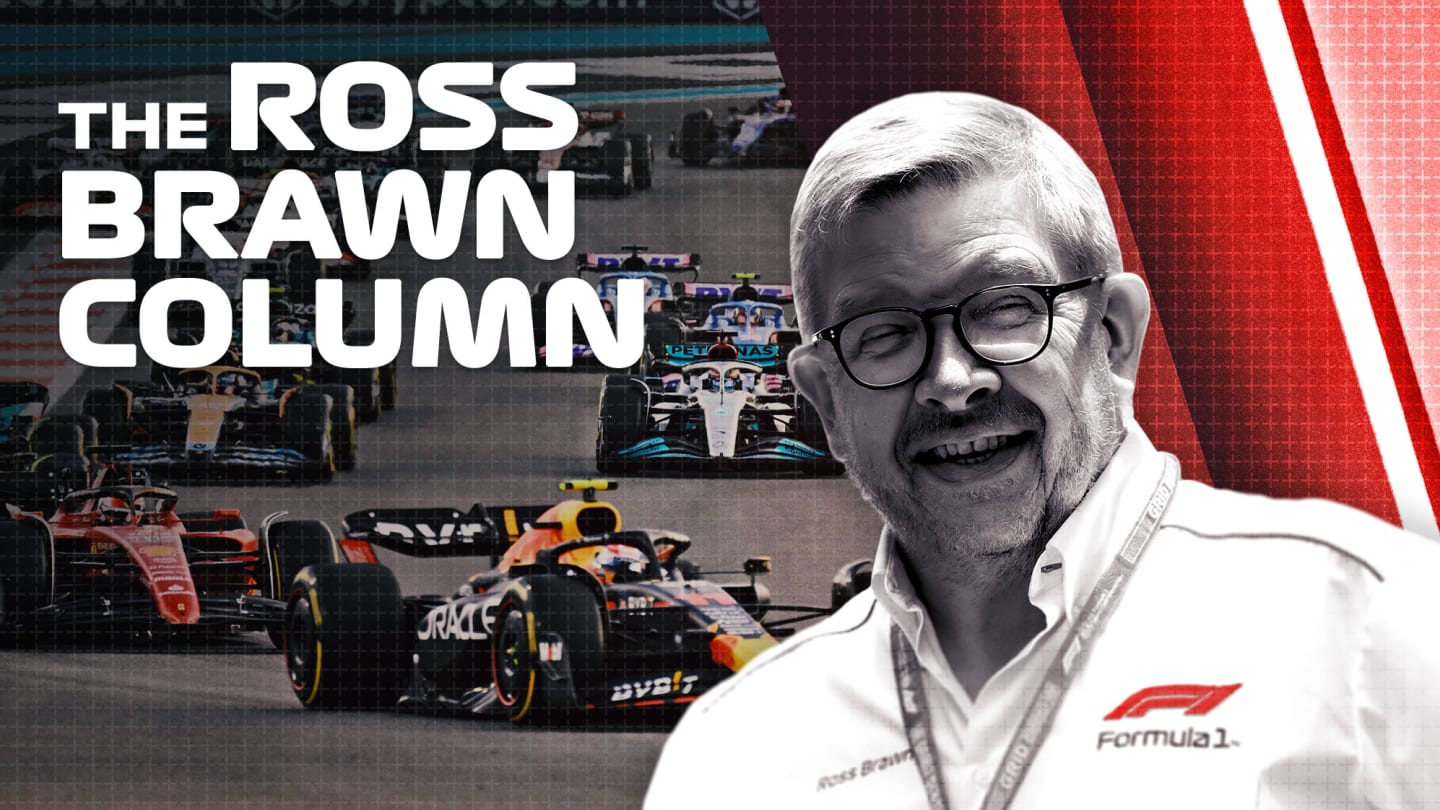
Feature
Ross Brawn on a stellar 2022 season, pride at seeing F1 ‘as strong as it’s ever been’ and his next chapter

Share

With the curtain falling in Abu Dhabi, Formula 1’s Managing Director of Motorsports, Ross Brawn, reflects on the 2022 season – which saw the introduction of revolutionary new cars and the second year of a brand-new cost cap – and his time working at Formula 1 with Liberty Media.
We had some great races during the season. We had the slow start from Red Bull; they stuttered a bit at the beginning. Ferrari made a great start and we then we witnessed the Red Bull fightback.
WATCH: Jolyon Palmer explains where the season was won and lost with his end-of-year review
From my perspective the wonderful thing was the close racing, the greater entertainment, the greater heartbeat that we all felt so many times in races – and that was a real reward to me that we saw much better racing this year.
Max consolidated his status as the world champion and it was a great performance from Red Bull. Ferrari made another step and they should be complimented on the solid performance and the progress they’ve made. Second place in both championships is a good platform to build for next year.
Mercedes had a peculiar year. The car clearly is challenging to get the best out of. But their drivers never gave up. I know the people there and they are going to come back strong next year.
I hope in the next few seasons we see some of the other teams challenging the top three. That would be the icing on the cake and would make F1 even more exciting.
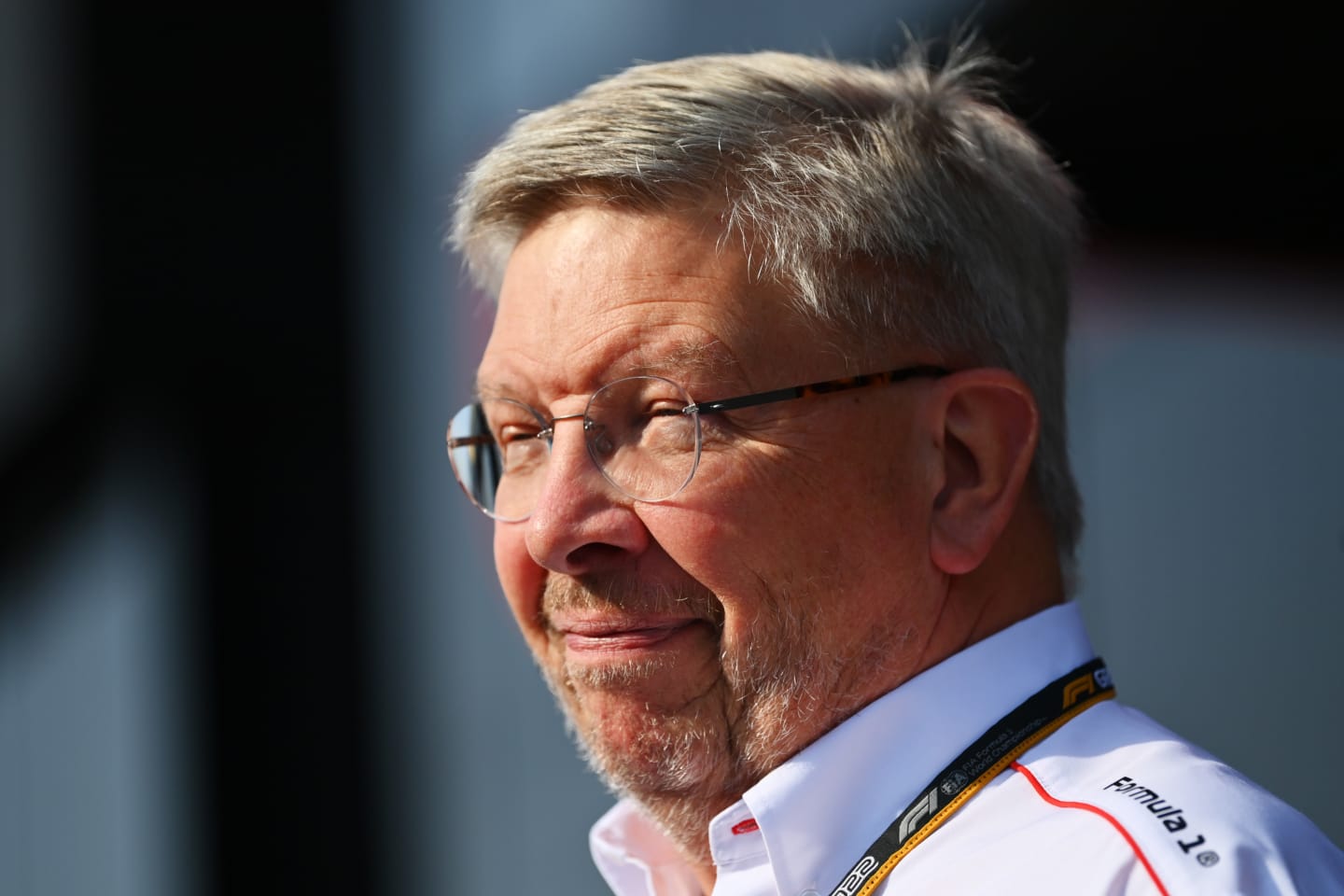
Brawn’s time as F1’s Managing Director, Motorsports, will soon come to an end
F1 has made great progress over the last six years
My time with Formula 1 is now coming to an end. I’ll miss the involvement I’ve had, the comradeship and the friendship you get in the environment of F1.
I’m pleased with where we’ve got to. I think there’s been real change in the last six years since I joined the management team – and I feel happy about that. F1 today is as strong as it’s ever been.
Liberty knew about the economics of F1, but they didn’t know so much about F1 as a sport and that side of the business when they first became involved. They were smart enough to put Chase Carey in charge. Despite not being an experienced F1 veteran, he grasped the business and the sport quickly.
I was approached by Liberty as someone with F1 experience, something they needed in the beginning. I was interested, but only if we could tackle the development of the sport from a different perspective – how do we improve the racing? I think we have succeeded. We’ve built a great team and I’m really pleased with what we have achieved.
We’ve set F1 on a new path.
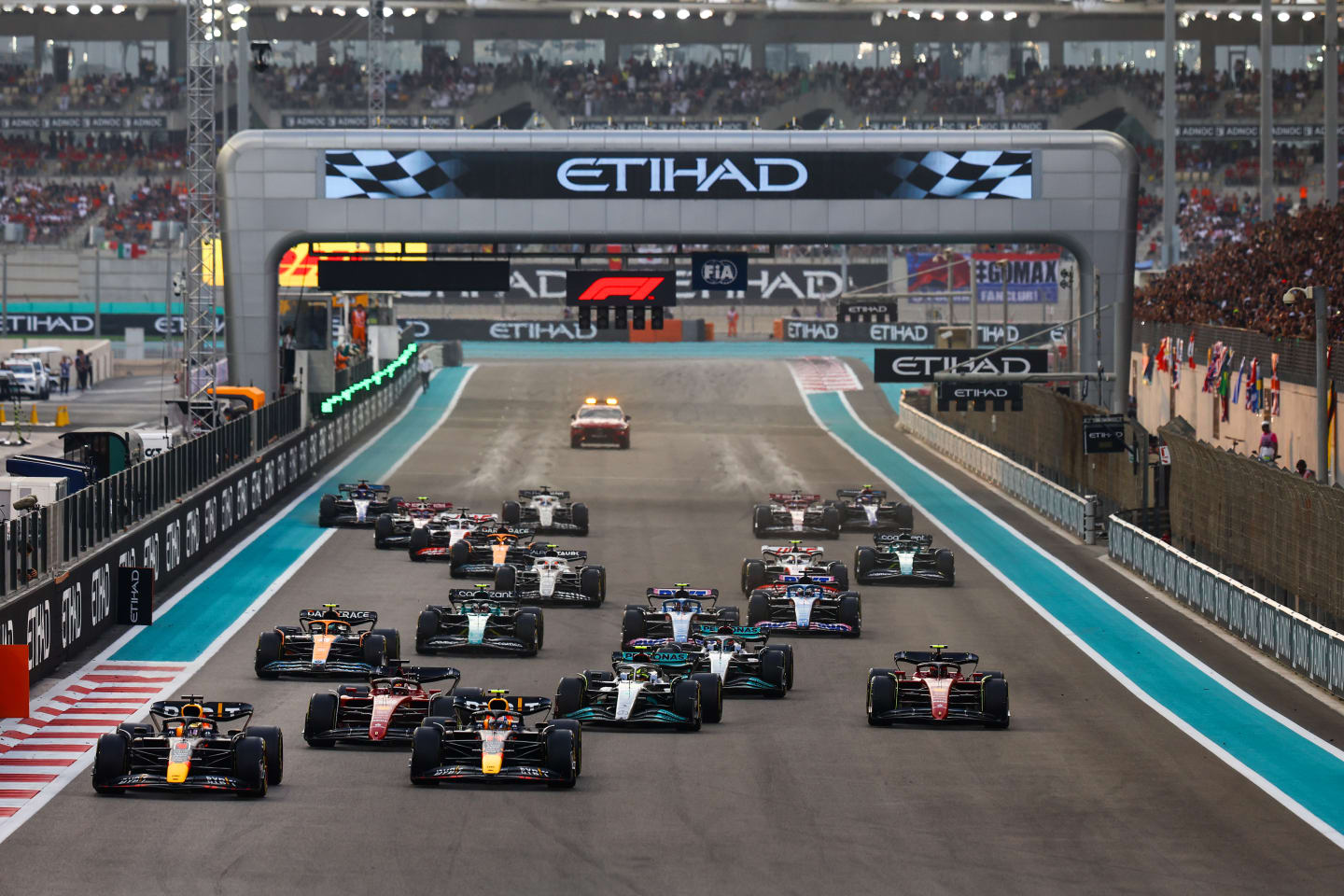
A lot has changed on and off the track during Brawn’s six-year spell in F1’s management team
Tightening the field with a cost cap
It was key that we improved the racing in an authentic way. How do you do that? You need to give every team an equal opportunity. Part of that is financial resource. For many years, there were three or four teams on the grid who had significantly more financial resource than the rest.
That doesn’t create a situation to achieve close margins. The competitors must construct their own cars – that is the DNA of F1. But it is a huge challenge, and in the past, the more money you had, the better car you could build. It would have been an easy route to have standard cars, same engines, spec parts – you get a close competitive field, but then you lose the magic of F1.
The cost cap has created an environment where you have a limited spend and the smartest people win. The margins from the front to the back are going to be much tighter.
I think the cost cap is a very significant step for F1. It’s got bugs to iron out but considering the complexity of introducing such a system, it’s fantastic what the team at F1 and the FIA have achieved since it was introduced last year.
Improving how the sport is run
The governance system has been improved. We now have much more flexibility and don’t need all the teams to agree for the sport to make changes and go forward. As long as we get eight teams to agree, we can get things done in the short term.
With five teams and the FIA and F1, we can get things done in the long term. We don’t have the constraint of the old governance system and there are now lots of things we’ve moved in the right direction which has made this sport function so much better than it did before.
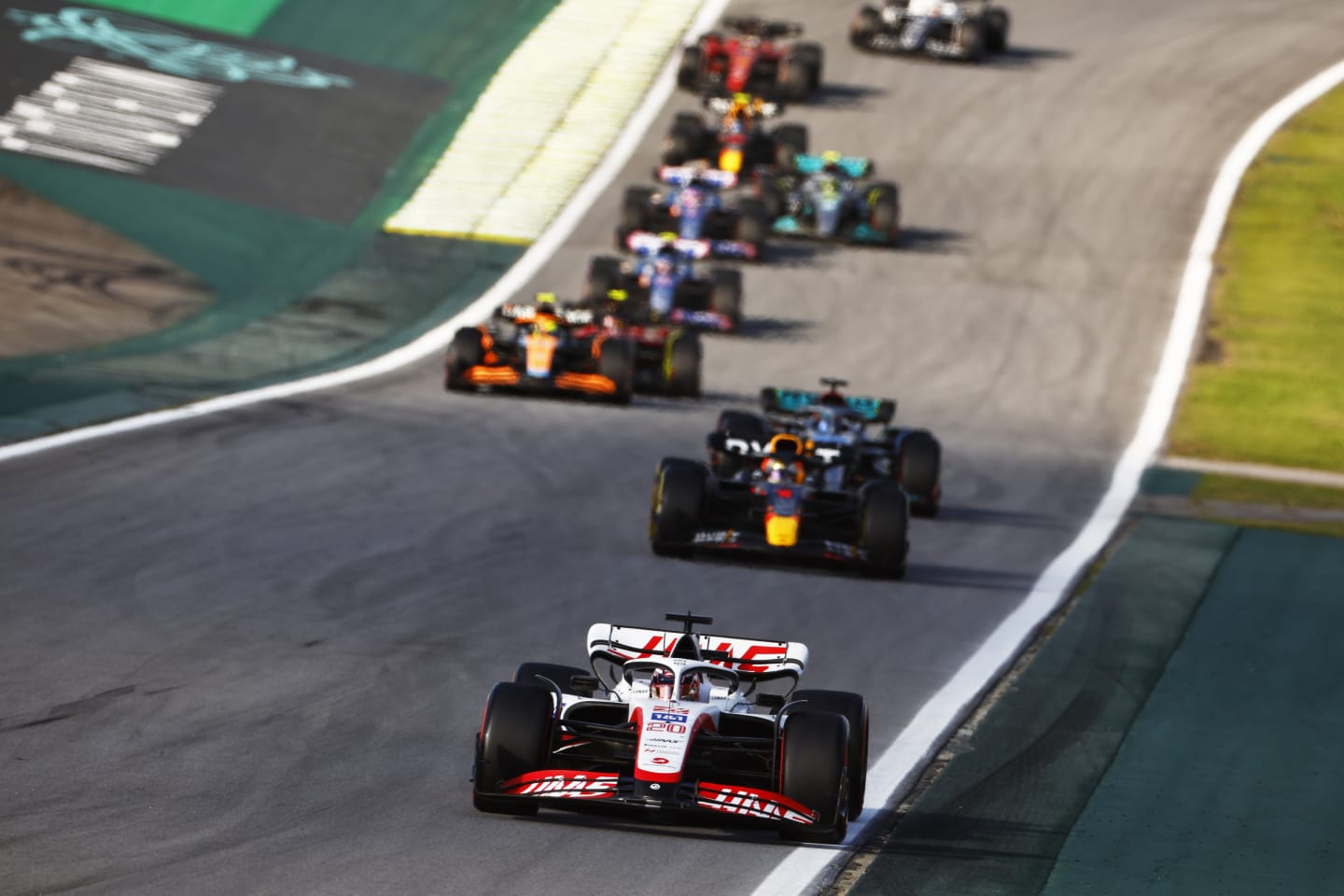
New initiatives such as the budget cap have been brought in with a view to levelling the playing field
Tweaking the race weekend format
On the sporting regulations, we’ve had an open mind about how we should develop the race weekend format. There are already a lot of good things in F1.
I happen to think the current qualifying spec is pretty good. Three-stage qualifying keeps people engaged for the whole time. It’s exciting and it occasionally throws up a few variables.
The Sprint was an initiative which seems to have worked. We’re expanding to six Sprints next year. I don’t know what will be the optimum number we will settle at long term. Some argue we should have it at every race. We’ll see if that is how it evolves. The Sprint has certainly livened up the whole weekend and gives us a full three days of action.
We also have a group of people who now focus on trying to make the tracks as interesting as possible, so we don’t get tracks where we can’t race properly. Every existing track has been assessed and we have an input into all new tracks to ensure great racing.
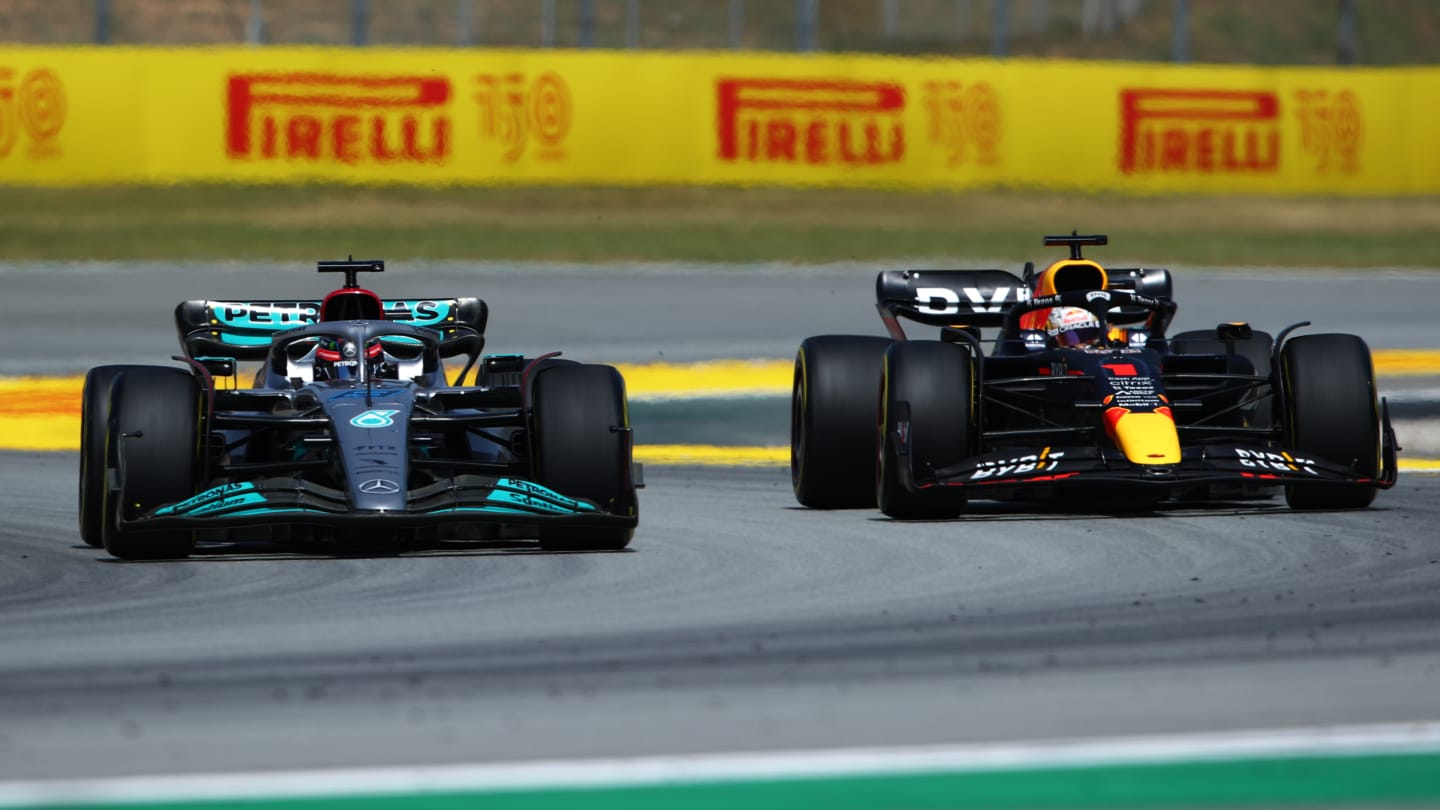
F1’s overhauled 2022 technical regulations have promoted wheel-to-wheel racing
New cars have improved the racing
The technical regulations were a big change. We came at the regulations with a fresh view. The priority was building a better racing car because that has never been a priority in the past, which was one of my frustrations.
In the past, the teams were allowed to develop the car regulations. The FIA’s priority was safety, making sure the speed of the cars was always within a reasonable range. They never had the resource to look at how you design a racing car – it was left to the teams to do that work. With the best will in the world, the teams won’t have raceability as a priority.
We created a group whose priority was to build a better racing car, that can race another car in close proximity, is consistent to drive, and doesn’t have bits fall off if there are touches.
MUST-SEE: From hilarious accents to classic one-liners – Watch Ricciardo’s funniest moments in F1
The mindset came from a different direction: raceability, and that will be the priority in the future – it’s one of the changes to the mindset of F1 that I’m really pleased about.
It was a huge thrill for me when I saw the 2022 cars first race and we experienced two or three cars racing alongside each other – we hadn’t often seen that before. Now you can run hard behind another car for several laps without issues.
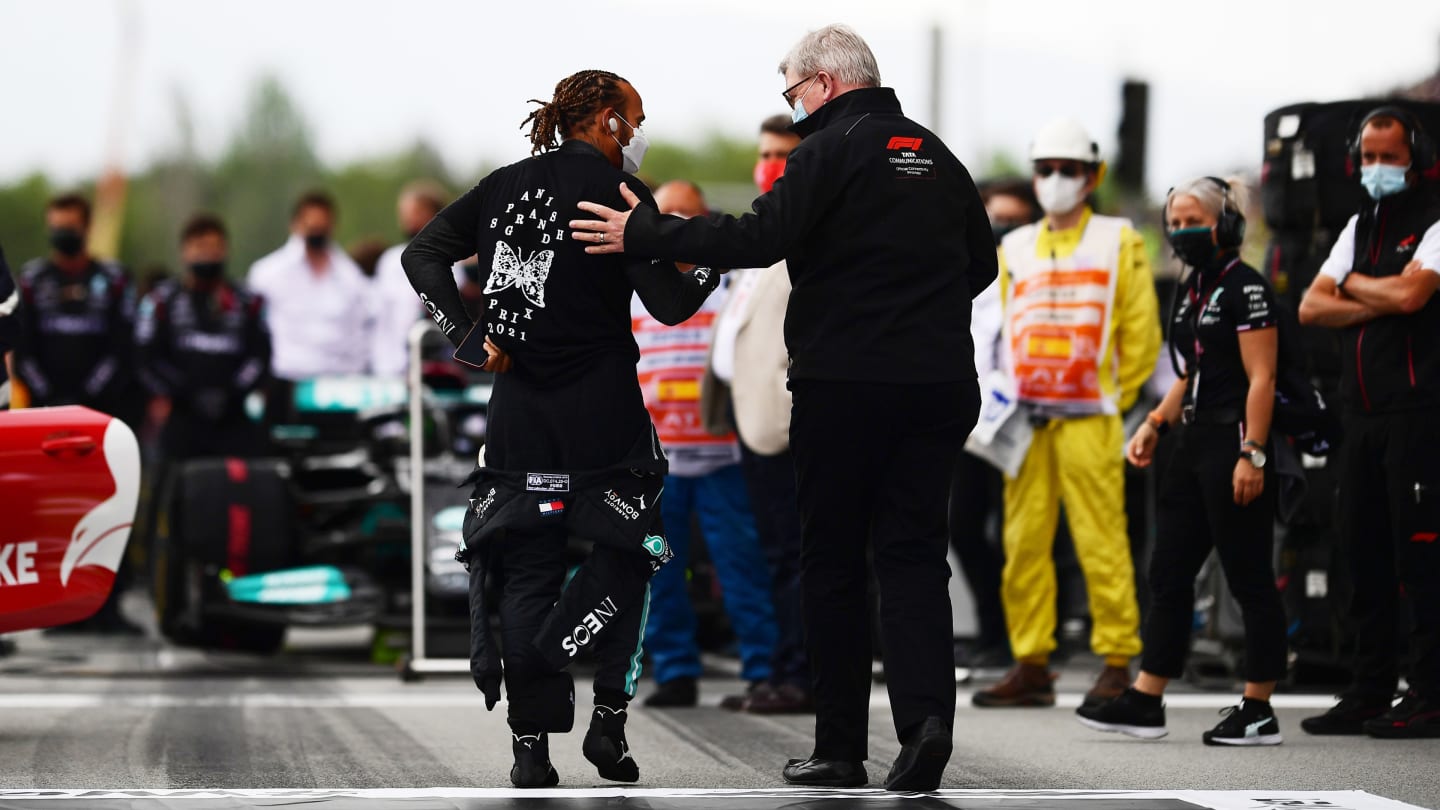
Brawn is now looking forward to watching F1 as a fan
The next chapter for me
I’ve loved everything I’ve done in the last few years.
I’d moved away from wanting to be part of a team – I decided I’d done enough of that! And this was the only thing that could have possibly appealed. I’ve been very fortunate to have been given the opportunity by Liberty and it was a labour of love.
Now is the right time for me to retire. We have done the bulk of the work, and we are in a consolidation period now. There’s a new car coming in 2026, but that’s four years away, quite distant for me, so it’s better the next group of people take on that mantle. I believe I’m leaving F1 in a great place.
I’ve loved almost every minute of my 46-year career and I’ve been fortunate to have worked with many great teams, great drivers and great people. I wouldn’t have changed a thing. One certainty is that without my wife and family support I couldn’t have done it and I wouldn’t have wanted to do it.
I will now watch F1 from my sofa, cheering and cursing as an F1 fan, pleased that the sport is in a fantastic place and has such a fantastic future.
Here’s to great racing.
Share
YOU MIGHT ALSO LIKE
FeatureF1 Unlocked POWER RANKINGS: Who lit up the streets of Jeddah during the Saudi Arabian GP weekend?
News Horner repeats message over Verstappen’s future as he stresses ‘we win and we lose together’
News Bortoleto ‘didn’t see’ Alonso during close shave in Jeddah as Kick Sauber struggle to take positives from difficult weekend
News F1: The Academy documentary series to launch on Netflix in May
